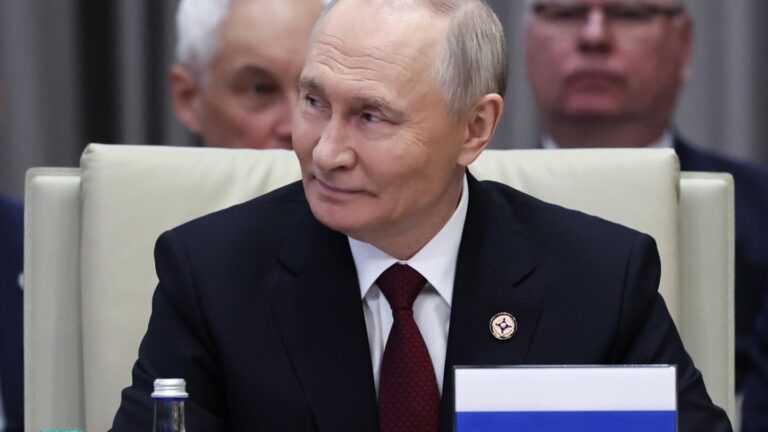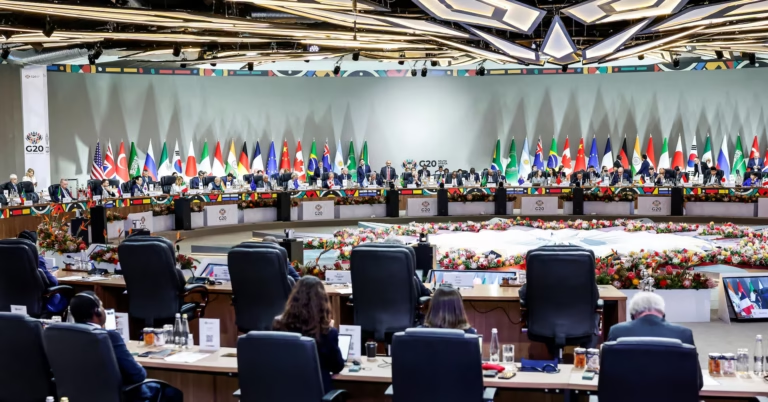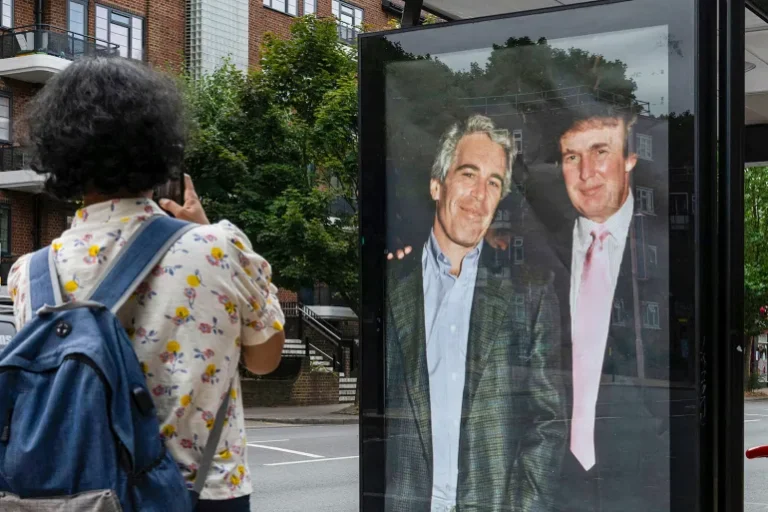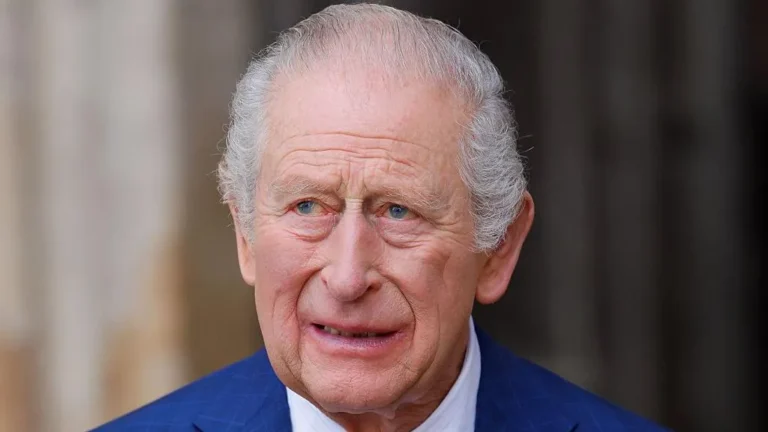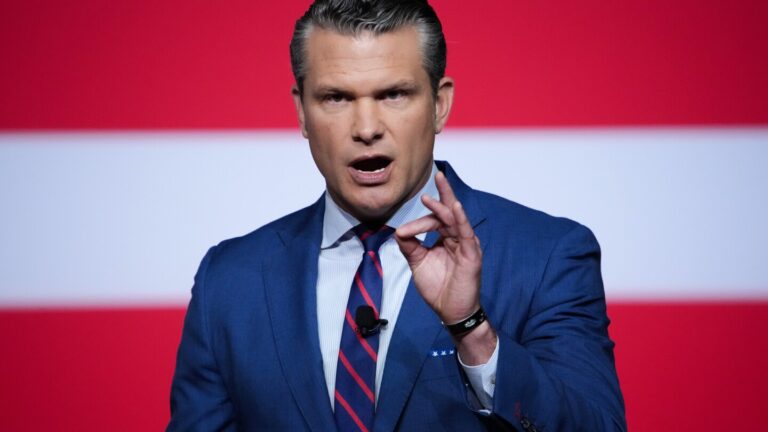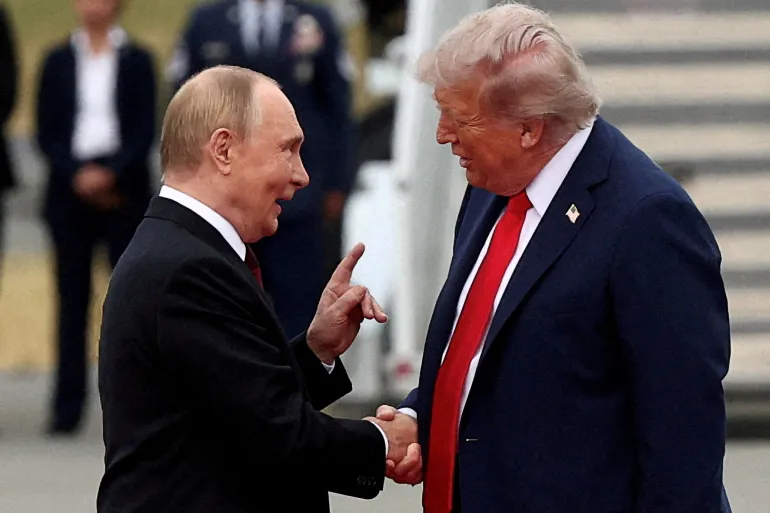
Doubts are mounting over the likelihood of a planned summit between US President Donald Trump and Russian President Vladimir Putin in Budapest, after the Kremlin downplayed the possibility of an imminent meeting to discuss a ceasefire in Ukraine.
On Tuesday, Kremlin spokesperson Dmitry Peskov said that there was “no precise timeframe” for the talks, stressing that “serious preparation is needed” before any meeting between the two leaders could take place. The statement appeared to contradict Trump’s recent claim that a summit could be held within two weeks.
The proposed meeting follows the Trump–Putin summit in Alaska two months ago, where both leaders expressed optimism about a potential roadmap toward peace in Ukraine. However, progress since then has stalled, with Washington and Moscow remaining divided on the key conditions for ending the conflict.
ALSO READ: Israel says troops fired on suspects in Gaza local officials report six dead
A planned preparatory meeting between Russian Foreign Minister Sergey Lavrov and US Secretary of State Marco Rubio was also called off this week, dimming hopes for quick progress. Russian Deputy Foreign Minister Sergei Ryabkov said it was “premature” to discuss details of a summit at this stage.
Lavrov later dismissed reports of disagreement as “unscrupulous,” but reaffirmed that Moscow’s stance remained unchanged since the Alaska meeting. “Russia has not changed its position compared to the understandings reached earlier,” he said.
Meanwhile, Ukraine and several European leaders accused Moscow of deliberately stalling peace efforts while continuing its offensive operations. “Russia’s stalling tactics have shown time and time again that Ukraine is the only party serious about peace,” Ukrainian President Volodymyr Zelenskyy said in a joint statement with eight European leaders. “We can all see that Putin continues to choose violence and destruction.”
Trump, who has promised to “end the war quickly,” has recently advocated freezing the current frontlines as a starting point for negotiations—a proposal viewed by Kyiv and many in Europe as overly favorable to Moscow. Putin has rejected calls for a ceasefire that do not include recognition of Russian-held territories and long-term security guarantees.
The uncertainty surrounding the Budapest summit is seen as another setback for Trump’s foreign policy ambitions and underscores the widening gulf between US and Russian expectations for ending the conflict in Ukraine.

